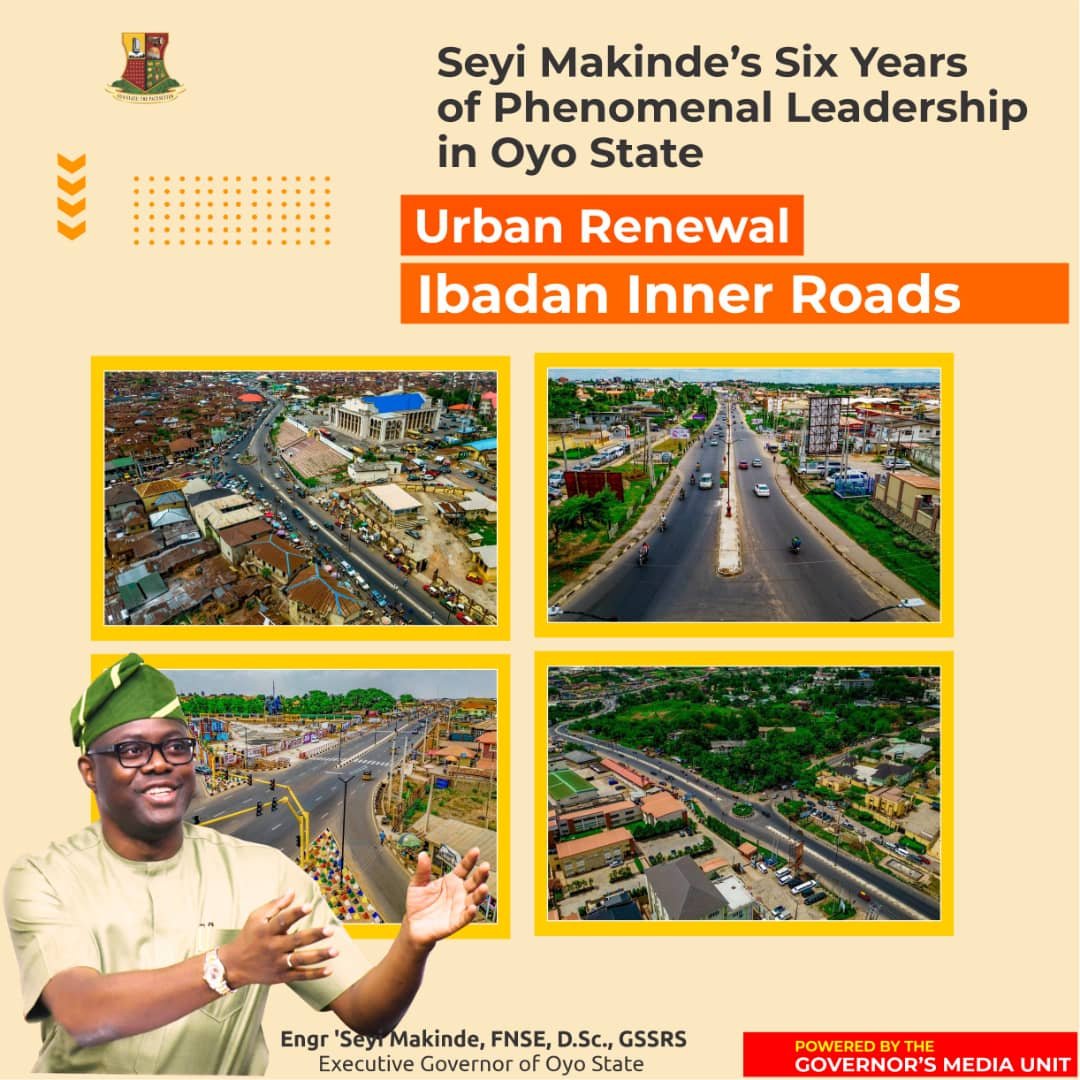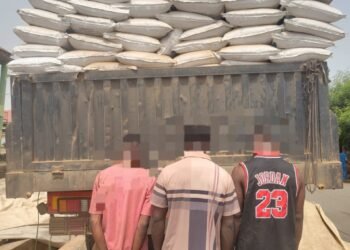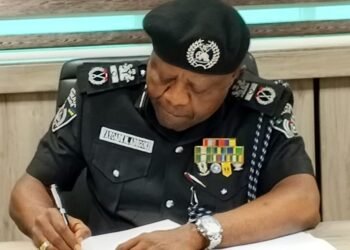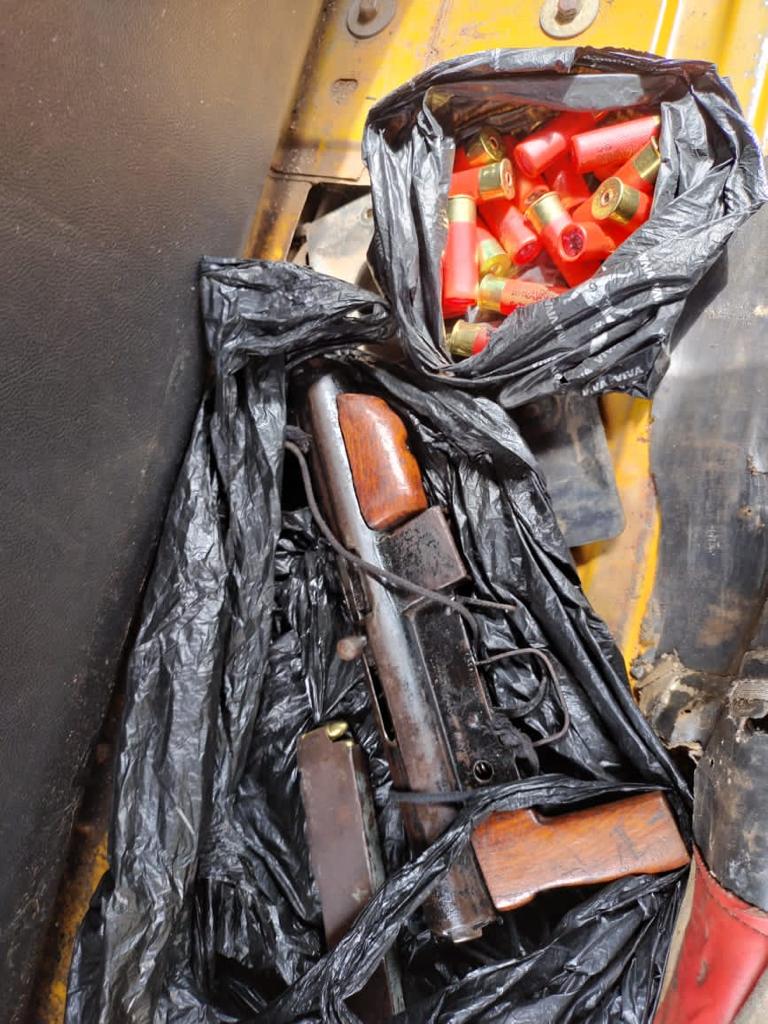Former Inspector General of Police, Mr Tafa Balogun has declared that community policing will serve as a bridge to close the communication gap between the police and community in Nigeria.
The former IGP also advocated that the federal government and the National Assembly should create constitutional roles for traditional rulers, in order to entrench community policing in the nation, and ensure safety and security.
Balogun stated this on Wednesday, December 26, 2020, during a sensitisation awareness campaign on community policing, held at the Oyo State Police Command headquarters in Ibadan.
Delving into history, the ex-IGP recalled the start of community policing during the time he was the chief police boss.
He said that in 2002, when he became IGP, he came up with eight-point agenda, with community policing as one of the points.
He added that he launched community policing into the Nigeria Police Force as a concept and organizational strategy.
“That was at the strategic level. At the tactical level, I liaised with Home Secretary in Britain, and they approved that 66 police officers from Nigeria should come and be trained in England for six months. We also moved to Chicago and Houston in the United States of America, and Ottawa in Canada.
“At the local level, we organized train-the-trainers, and a pilot course was done in Enugu.
“Many of the trained ones are retired Inspectors General of Police, Deputy Inspector General of Police, Assistant Inspector General of Police and Commissioners of Police,” Balogun said.
He pointed out that the moves suffered a dearth at the end of his tenure in 2005, but expressed delight at its rebirth almost 16 years after he left his position.
He listed the advantages of community policing as being pro-active, preventive, problem-solving and intelligence-driven, cost-saving and embodiment of modern policing, among others.
“Community policing is a system that capitalises on the use of brain instead of body. It invests in humanity,” the former IGP stated.
He said that Nigeria needs to adopt the system if it had worked in countries such as England, USA, Canada, France, Italy and parts of Africa, among others, and had helped them in reducing crime and violence.
“The police force remains our primary constituency as retired IGPs.
“Sometimes ago, we gathered in Abuja and concluded that we will continue to support our base and our primary constituency in times of distress and needs. We will be there.
“We believe that talking about community policing will bridge the gap between Nigeria police and the community. There should be no communication gap. Society can only grow in a symbiotic relationship.
“Community policing is an answer to the communication gap existing between police and community,” Balogun stated.
He expressed sadness at the way EndSARS protesters turned violent, resulting in the killing of policemen and destruction of police stations and barracks in states in the nation.
Urging police officers and men to protect themselves, he made reference to defence being the first law of nature.
“Even in the Nigerian constitution, the criminal and penal codes support defending self or another person from being killed.
“That was why fire-for-fire was started. I’m not telling police not to be law abiding, but to protect themselves. We don’t pray for a reoccurrence,” he said.
Balogun also canvassed for a rectangular synergy involving the police, stakeholders, government at all levels and traditional rulers.
He advised the police to be courteous, professional and humane when discharging their duties, while communities need to be supportive.
He also advised governments to be supportive of the police and urged traditional rulers to make use of traditional institutions to lend support to the police.
In his remarks, the state governor, represented by his deputy, Engr. Olaniyan endorsed the proposed synergy suggested by Balogun.
He also expressed sympathy to the Nigeria police, saying that all that happened to them during EndSARS protests were regretted.
Praying for the repose of the souls of those who were killed and set ablaze by the protesting hoodlums, the governor said that such would not be witnessed again in Nigeria.
“One of the cardinal points of this government is the security of lives and property. And we have been doing all the needful to make sure that lives and property of indigenes are in safe hands.
“Part of this is community policing, and it has to be taken with all seriousness,” he remarked.
The governor said that he was happy with the collaboration among all security agencies, adding that the state government would be ready to offer necessary assistance whenever such is needed.
The state Commissioner of Police, Joe Nwachukwu Enwonwu, in his comments, appreciated Balogun for coming with eight-point crime control strategy during his tenure, including ‘Operation Fire-for-Fire’ which reshaped the crime control strategy of the Nigerian nation.
The police commissioner also described the former IGP as an embodiment of intelligence and a core professional.
Enwonwu also thanked the state governor for making security one of the pillars in a well-arranged programme for the people of Oyo state.
He added that the governor had been supporting the police with communication equipment and vehicles, and recently donated 20 vehicles.
Again, he expressed appreciation to the Inspector General of Police, Mohammed Adamu, whom he said had been focused, and had guarded and tailored the entire Nigeria police force towards achieving high goals and successes “in our aim to control and contain crime.”
In his own words, the DIG in charge of research and planning, Leye Oyebade said that IGP Adamu had urged the people to support the police.
According to Oyebade, “IGP Adamu has considered community policing as the way forward, and it has been rightly adopted by the federal government.
“We have gone round globally, to check how it operates in other countries. And what Nigeria police is doing is to adopt it and situate it in the Nigerian context.”
He said he was in Lagos State with the former IGP, and would be leaving Oyo State for Osun State.
He appreciated the government and people of Oyo State, saying that the governor had been very supportive with regards to actualizing the concept of community policing, not only in terms of teaching, but practice.
Others present at the community policing campaign were the Senior Special Adviser on Security in Oyo State, CP Fatai Owoseni (retd), Alaafin of Oyo, Oba Lamidi Adeyemi III, represented by a Chief, the Serikin Sasa and other dignitaries.


























